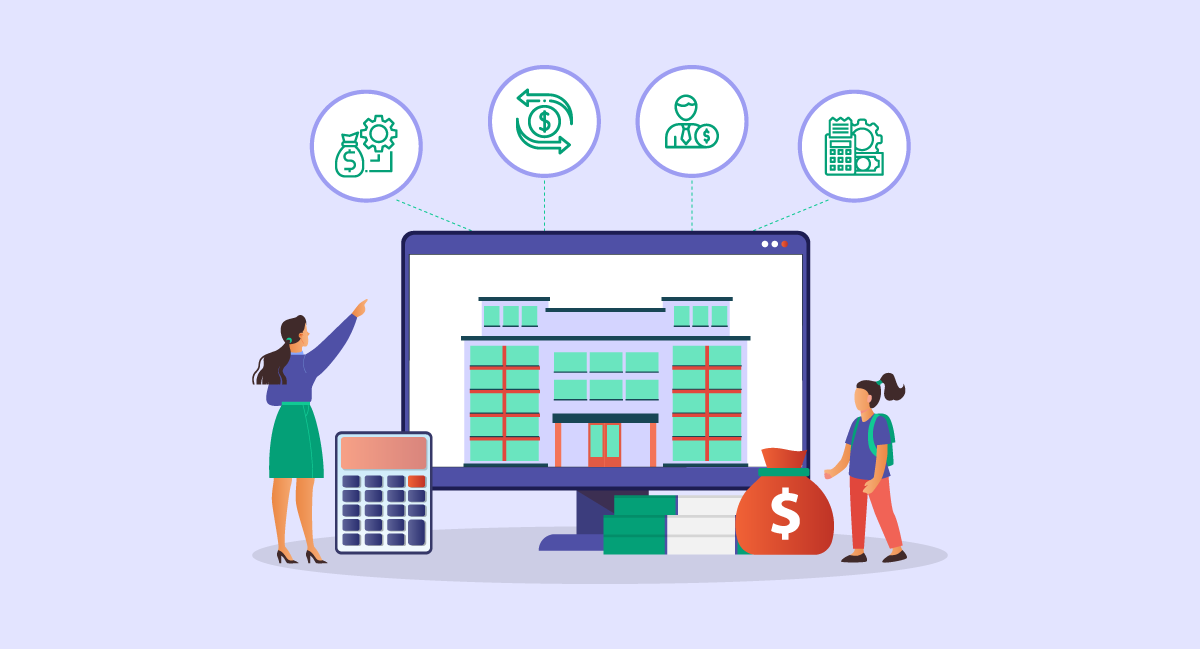Ultimate Guide to Make Efficient School Administrative Tasks

The backstage area of educational system belongs to administrators who are like the unseen architects who skillfully twist different strands together of policies, logistics, and resources to make sure that academic institutions function normally. The school administrators are the backbone of any educational institution, their responsibilities ranging from financial management to positively influencing the feeling of a safe learning environment. Nevertheless, through the labyrinth of the administrative tasks, administrators may feel overwhelmed and that this can affect the productivity and efficiency. From optimizing communication channels to leveraging technology for data management, various strategies offers a roadmap for administrators to enhance operational efficiency and elevate the educational experience for all stakeholders.
Embrace Digital Solutions for Paperwork Management:
In the case of digital age, the paper-based processes that were once commonly relied on are now rapidly becoming outdated. Digital tools help not only to reduce workloads but also to simplify processes like enrollment, attendance tracking, and evaluation ones. Embracing digital solutions can streamline administrative tasks and enhance efficiency, offering benefits such as access to free educational software to facilitate learning and skill development within the organization. Putting together a powerful system for student information (SIS) returns all relevant student data to a single tool that allows administrators to automate standard tasks and generate pertinent reports.
Optimize Communication Channels:
The foundation of good management bit is active communication. Through utilizing a variety of communication platforms, administrators will ensure the messages are quickly disseminated to everyone concerned that needs the information. On top of that, creating communication channels that are easily accessible by staff members and the community members, and assuring their training regularly cultivates an organized culture of the school community.
Implement Time Management Strategies:
While time management is one of the vital skills the school managers have to learn to prioritize their multiple duties, the ability to make critical decisions and oversee disciplined work of every participant at the same time is also very important. Improvement, and implementation of robust techniques, like prioritizing tasks, setting deadlines, and delegating procedure, administrators can increase their productivity, which in turn will enable them to decrease the level of stress. Initiating time-tracking equipment creates a chance to work on the allocation of resources better and also to pinpoint the areas where workflow is in need of any improvements. Implementing time management strategies is crucial for educational institutions, especially when it comes to streamlining administrative tasks such as scheduling, grading, and budgeting, which can be significantly simplified with the integration of accounting software for educational institutions.
Foster Collaborative Work Environments:
Collaboration is key to overcoming challenges and driving innovation in school administration. Integrating cross-disciplinary collaboration into the office structure is a way for staff to overcome professional boundaries through innovative idea-formation. Providing team members with the common platforms for discussion and the efficient project management systems allows to limit duplication of tasks and hassle caused by delays in information sharing.
Embrace Continuous Learning and Professional Development:
Whether in the field of learning or administration, education continuously influences the learning of emerging trends as well as advanced practices. It is important that principals and vice principals take part in ongoing professional development activities including workshops, conferences, and online courses aiming to fill gaps in the knowledge and to upgrade teachers’ skills. Moreover, supportive mentorship programs and peer-to-peer learning techniques develop an ecosystem that promotes constant progress across the whole administrative staff. Ultimately, the well-rounded way of effective school administrative tasks automation implies including various components as embracing of technology, optimization of communication channels, applying of time management practices, building up collaborative working culture as well as embracing the continuous learning and professional development. Through implementing these principles, school leaders can effectively minimize workflows, optimize productivity, and hence improve the scholar community.




